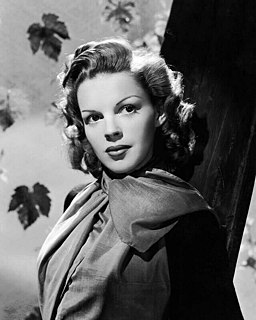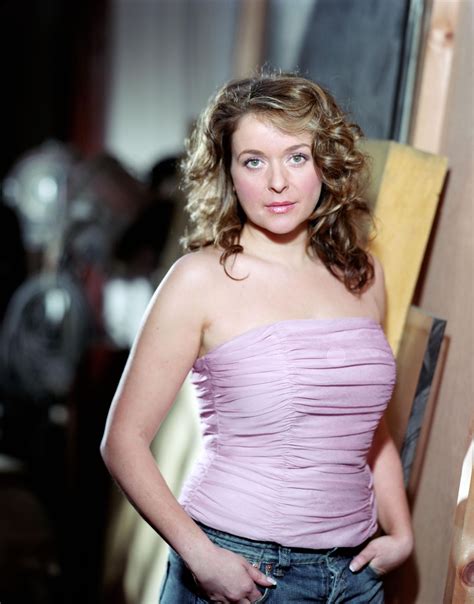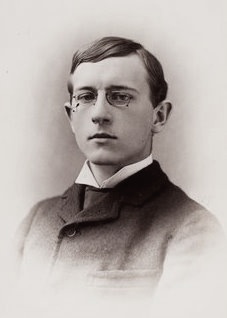A Quote by Judy Garland
I try to bring the audience's own drama - tears and laughter they know about - to them.
Related Quotes
Sometimes there are more tears than laughter, and sometimes there is more laughter than tears, and sometimes you feel so choked you can neither weep nor laugh. For tears and laughter there will always be so long as there is human life. When our tear wells have run dry and the voice of laughter is silenced, the world will be truly dead.
Stories? We all spend our lives telling them, about this, about that, about people … But some? Some stories are so good we wish they’d never end. They’re so gripping that we’ll go without sleep just to see a little bit more. Some stories bring us laughter and sometimes they bring us tears … but isn’t that what a great story does? Makes you feel? Stories that are so powerful … they really are with us forever.
I would not exchange the laughter of my heart for the fortunes of the multitudes; nor would I be content with converting my tears, invited by my agonized self, into calm. It is my fervent hope that my whole life on this earth will ever be tears and laughter. Tears that purify my heart and reveal to me the secret of life and its mystery, Laughter that brings me closer to my fellow men; Tears with which I join the broken-hearted, Laugher that symbolizes joy over my very existence.
Don't let a single comic moment pass you by; then help the audience get the laughs. Give them permission to laugh by holding for laughter and by letting them know early on what they're in for. In the first few moments, the audience is gathering information, looking at the scenery and costumes. Create a comic moment as soon as you can.
I don't think about the audience, I don't think about what makes them happy, because there's no way for me to know. To try to think of what makes for entertainment is a very Japanese thing. The people who think like this are old-fashioned. They think of the audience as a mass, but in fact every person in the audience is different. So entertainment for everyone doesn't exist
The only way to resonate at a level that persuades is to know who you are addressing. If it's true that the Audience is the hero, you need to spend time thinking about them. Really getting to know them to the point it feels like they are a friend. May times we picture our audience as a large clump of strangers. Instead, you need to picture them as individuals standing in line to have a personal conversation with you. It's easy to persuade a friend, you need to think about your audience until you know them as a friend.
Everybody knows from his own experience that after laughter, good laughter, a belly laugh, you almost feel that you have taken an ice-cold shower; a peace, a silence, a freshness... The same is true about crying, but very few people know the secret of crying because it is more repressed than laughter.
Night after night, through years of performing and directing, I've stood in awe of the audience, of its capacity for response. As if by magic, masks fall away, faces become vulnerable, receptive. Filmgoers do not defend their emotions, rather they open to the storyteller in ways even their lovers never know, welcoming laughter, tears, terror, rage, compassion, passion, love, hate--the ritual often exhausts them.




































